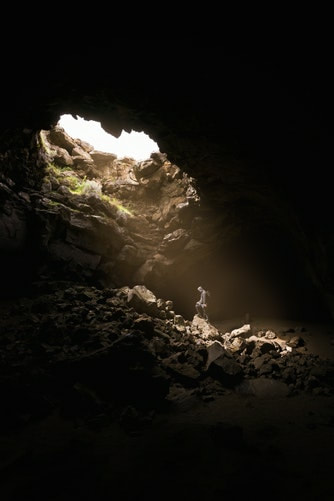Client-Therapist Relationship

The client-therapist relationship is built on trust, acceptance, openness, and honesty that unfold in a warm, caring, and non-judgmental atmosphere.
The fundamental nature of this relationship is based on the philosophy of egalitarianism, or the belief in human equality regardless of social, economic, cultural, and personal differences. The client-therapist relationship may be viewed as a collaborative process that involves both the client and therapist actively working together in the here-and-now toward realistic, measurable, and attainable goals. The collaborative element in this professional relationship is demonstrated through the client-therapist participation in identifying the problem, setting goals, implementing innovative strategies for reducing problematic behaviors and symptoms, evaluating changes, anticipating potential barriers, and strengthening the client’s commitment to continue the healing process.
The fundamental nature of this relationship is based on the philosophy of egalitarianism, or the belief in human equality regardless of social, economic, cultural, and personal differences. The client-therapist relationship may be viewed as a collaborative process that involves both the client and therapist actively working together in the here-and-now toward realistic, measurable, and attainable goals. The collaborative element in this professional relationship is demonstrated through the client-therapist participation in identifying the problem, setting goals, implementing innovative strategies for reducing problematic behaviors and symptoms, evaluating changes, anticipating potential barriers, and strengthening the client’s commitment to continue the healing process.
Self-Discovery

Similarly, the process component of the client-therapist relationship illuminates the nature of change across time and the client’s determination to change. While clients enter therapy to change something about themselves or their situation, it is important to recognize that change is a process, not an event.
Entering psychotherapy requires a tremendous amount of courage that, for many, involves an exploration into the client’s history—childhood, adolescence, young adulthood, and the unresolved issues from the past—in order to understand the present situation. Therefore, to some extent, psychotherapy is comparable to archeology insofar as the therapist may assist the client in examining previous unfinished business from the past and excavating new discoveries and perspectives from these experiences. It is important for the client to remember that he or she is not alone in examining the caverns of one’s existence. This journey of self-discovery begins in the therapeutic session with the therapist and will, hopefully, enrich the client’s life as he or she continues to learn new things about him or herself. As the Greek poet Pindar said, “Become who you are.” In other words, human beings are always in a state of becoming, forever learning new things about themselves, others, and the world. Similarly, the Greek philosopher Heraclitus believed that human beings were like rivers, always in a state of flux. Hence, his maxim: “You never step into the same river twice.”
Entering psychotherapy requires a tremendous amount of courage that, for many, involves an exploration into the client’s history—childhood, adolescence, young adulthood, and the unresolved issues from the past—in order to understand the present situation. Therefore, to some extent, psychotherapy is comparable to archeology insofar as the therapist may assist the client in examining previous unfinished business from the past and excavating new discoveries and perspectives from these experiences. It is important for the client to remember that he or she is not alone in examining the caverns of one’s existence. This journey of self-discovery begins in the therapeutic session with the therapist and will, hopefully, enrich the client’s life as he or she continues to learn new things about him or herself. As the Greek poet Pindar said, “Become who you are.” In other words, human beings are always in a state of becoming, forever learning new things about themselves, others, and the world. Similarly, the Greek philosopher Heraclitus believed that human beings were like rivers, always in a state of flux. Hence, his maxim: “You never step into the same river twice.”
